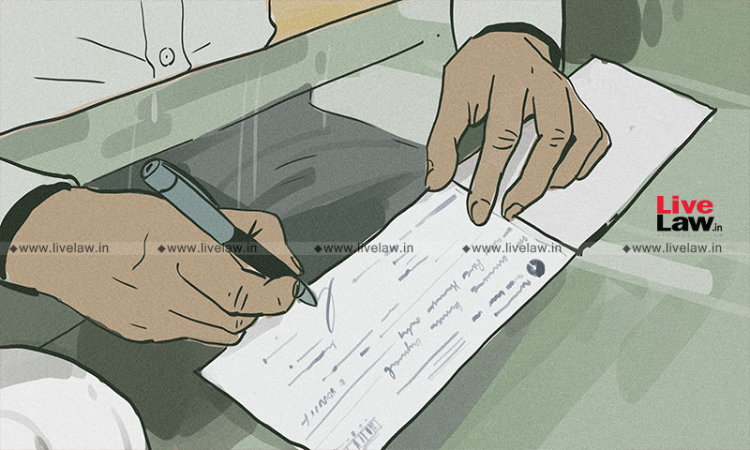Complainant In Cheque Bounce Case Can't Challenge Order Of Acquittal Before Sessions Court: Calcutta High Court
Sparsh Upadhyay
3 Nov 2022 7:06 PM IST

Next Story
3 Nov 2022 7:06 PM IST
The Calcutta High Court has held that the appeal against the acquittal of the accused in a cheque bounce case can be filed only before the High Court under Section 378(4) of CrPC and not before the Sessions Court.The bench of Justice Subhendu Samanta held thus after coming to the conclusion that a complainant in a case u/s 138 of the Negotiable Instrument Act is not a victim as defined u/s...
